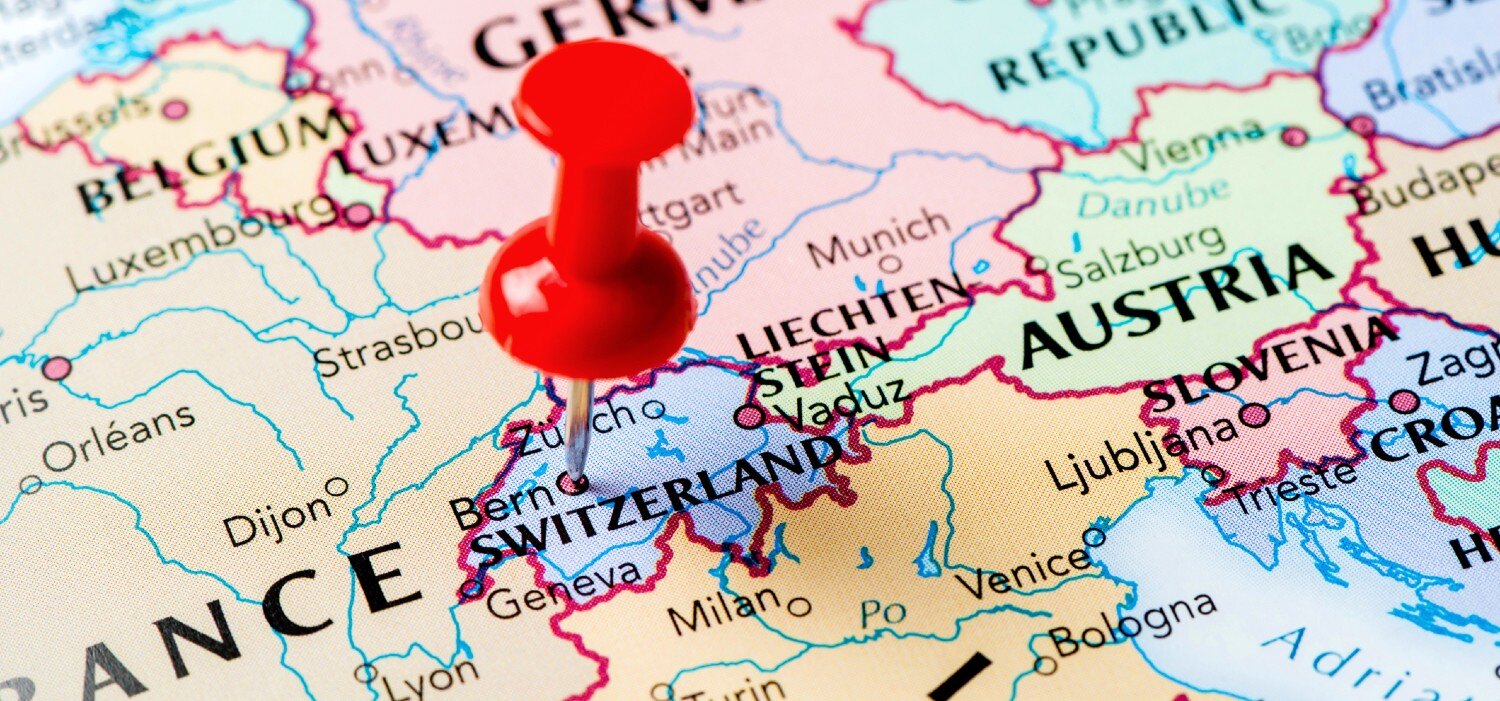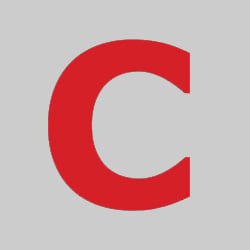Travel Money in Switzerland
What is the local currency in Switzerland?
The currency of Switzerland is the Swiss Franc (CHF). One Swiss Franc is 0.78729 GBP (as of 21st February 2020).
The Swiss Franc is the currency and legal tender of Switzerland and Liechtenstein and also the legal tender in the Italian exclave of Campione d’Italia.
Do I tip while in Switzerland?
In Switzerland, tipping is not compulsory. This is because generally, a “service” charge is included in most bills and covers the cost of tip. Plus, as most servers make a fair pay in Switzerland, it generally offsets the need for tipping.
If, however, you feel that you have been given satisfactory service it is still commonplace to leave a tip in restaurants and bars. In many cases, rounding to the nearest franc is sufficient and appreciated.
View our tipping guide for more help on tipping abroad.
Using cash in Switzerland
When travelling, our experts would recommend always bringing a small amount of cash in the local currency for every trip, for initial taxi transfers or hotel deposits etc. Unlike a lot of other European countries, cash is still king in Switzerland, making it even more imperative to bring cash with you.
The rest of your holiday budget should be put onto a Caxton multi-currency card, for safe and secure spending when abroad. Caxton card does not charge for ATM withdrawals abroad and has a higher cash withdrawal limit than most of our competitors – which is helpful when spending in a cash-based economy like Switzerland.
Many establishments accept credit/debit cards, so you can also freely tap away on your prepaid card when necessary.
It is always recommended to bring your bank card as a back-up option, in case anything is lost or stolen. However, you should let your bank know in advance that you will be travelling abroad, so that your transaction is not identified as fraudulent. Be prepared for fees and high exchange rates if you end up using your bank card as a back-up payment method.
The price of food and drink in Switzerland
As a rough guideline, we’ve put together a list of the costs of spending an average day in Switzerland:
Domestic beer = 7.00 Fr.
One-way ticket on local transport = 3.40 Fr.
Meal, inexpensive restaurant = 25.00 Fr.
Bottle of wine (mid-range) = 12.00 Fr.
Bottle of water = 3.35 Fr.

The cost of tourist attractions in Switzerland
Many of the most famous attractions in Switzerland are their natural landscapes - meaning that aside from travel costs, they’re usually free to see. Some examples of Switzerland’s most beautiful tourist attractions are:
The Matterhorn: the world’s most photographed mountain. (Train price from Zurich from as little as 46.50 CHF)
Lake Geneva: one of the largest lakes in Western Europe, based on the French/Swiss boarder (Train price from Zurich from as little as 80.50 CHF)
Rhaetian Railway: the railway that connects Switzerland and Italy through the mountains of Graubunden, 130km ride. (UNESCO World Heritage pass gets you two days of travel between Thusis and Tirano for 72.00 CHF)
Trümmelbach Falls: the largest series of subterranean waterfalls in Europe, beautiful. (Train price from Zurich as little as 58 CHF, or bus price from Zurich 15 CHF)
What to do if I have my wallet stolen while I’m in Switzerland?
Switzerland is known to be a safe country with friendly and helpful people, but this shouldn’t stop you from being smart whilst you travel. If the majority of your cash is on a prepaid card, this will be automatically protected. However, in case the worse happens, here are the major UK bank phone numbers for ‘lost or stolen’ debit/credit cards:
HSBC/First Direct, lost or stolen cards (outside UK) - +44 1442 422929
Natwest, lost or stolen cards (outside UK) - +44 1268 500 813
Lloyds, lost or stolen cards (outside UK) - +44 1702 278270
Barclays, lost or stolen cards (outside UK) - +442476842099
Santander, lost or stolen cards (outside UK) - +44 1512 648 725
Caxton, calling from the UK - 0333 123 1812
Caxton, calling from outside the UK - +44 (0) 207 201 0526
Swiss police – 117
What can I do with spare Swiss Francs?
Whilst in Switzerland, you may as well spend any remaining Francs, if only small amount, on some traditional Swiss souvenirs, such as:
- Swiss chocolate
- Cheese fondue
- Swiss Watch (though this definitely wouldn’t be a light expense!)
- Swiss army knife
Alternatively, if Cheese fondue isn’t your thing, you can use Caxton’s buy back guarantee to get rid of any unused Swiss Francs. By doing this you ensure that if the exchange rate moves against you, you won't lose out.
History of the Swiss Franc
- Before 1798, roughly 75 different entities were making coins in Switzerland, meaning there were many different values, denominations and monetary systems being used (such as the Basel thaler, Luzern gulden, St. Gallen thaler to name a few…) We can imagine this made trading increasingly confusing!
- In 1798 the Helvetic Republic introduced the franc, which then served as the model for the currencies of several other cantons.
- The swiss federal constitution in 1848 specified that the federal government would be the only entity allowed to issue money in Switzerland, hence announcing the franc as the official monetary unit.
- Interestingly, up until 1848, less than 15% of the money in Switzerland was locally produced, with the rest being foreign (mostly German and French.)
- Since its introduction to the foreign exchange market, the Swiss Franc has a reputation for being a ‘safe haven’ or hard currency; it is often purchased during financial uncertainty due to its reliability and stability. It is frequently used as a global reserve currency and is the sixth most traded currency in the world.
- Travel Money in Europe: Travel Money in France, Travel Money in Spain, Travel Money in Sweden, Travel Money in Denmark, Travel Money in Austria, Travel Money in Finland, Travel Money in Germany, Travel Money in Greece, Travel Money in Italy, Travel Money in Norway, Travel Money in Portugal, Travel Money in Switzerland, Travel Money in Turkey.
- Travel Money in North America: Travel Money in the USA, Travel Money in Canada.
- Travel Money in South America: Travel Money in Argentina.
- Travel Money in Asia: Travel Money in Thailand, Travel Money in Japan, Travel Money in Oman.
- Travel Money in Australia and Oceania: Travel Money in Australia.
- Travel Money in Africa: Travel Money in Cape Verde.
Get your Holiday Money Delivered
Beat the queues with the Caxton Cash Delivery service. With next day cash delivery to your home and 58 different currencies, it couldn’t be easier to get your holiday money sorted. Simply Login to your Caxton account and select ‘Cash Delivery’ to get started.
Travel the world with the Caxton prepaid travel card. Experts in Travel Money.
Check out our Travel Money Guides for around the world:
Remember to load up your Caxton multi-currency card before you head to Switzerland!





